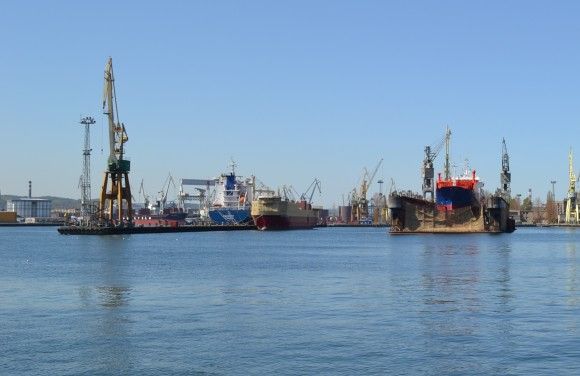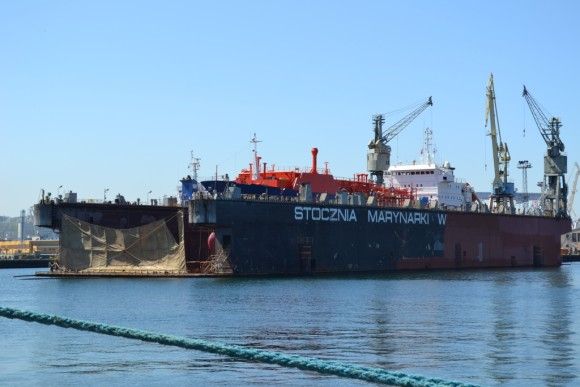- WIADOMOŚCI
Belgian APCs On The Lithuanian Roads. Vilnius Increases The Defence Expenditure by 35%
A single element of Belgian Army, taking part in the Baltic Piranha exercise, was deployed to Lithuania. The unit is operating in the area, acting as a part of the initiative, the aim of which is to maintain the rotational presence of the NATO units in the Mid-Eastern Europe. The planned activities include, among other operations, a road relocation of the military units. Meanwhile, Vilnius informed that Lithuania is going to increase the defence spending – increase of more than 33% is being expected.
The Baltic Piranha exercise is going to involve more than 300 NATO soldiers, deployed by the 5th Battalion of the Belgian Army and a reconnaissance element from Luxembourg. The troops are going to be equipped with the Piranha Armoured Personnel Carriers (hence the name of the exercise), along with the Dingo II vehicles.
Baltic Piranha exercise is scheduled to last until 28th October. Within the framework of the operation, troops from Lithuania, Belgium, Luxembourg and the United States (12th Combat Aviation Brigade element, equipped with the Black Hawk helicopters) are going to be involved in a training exercise, the aim of which is to carry out operations in populated areas, including patrol and reconnaissance operations.
Scope of training carried out during the Baltic Piranha exercise also includes relocation of the forces (including the Piranha APCs) via the public routes. The exercise has been organized as a part of the initiative, the aim of which is to bolster the NATO military presence in the Mid-Eastern Europe. Belgium, despite the fact that its own defence capabilities are limited, had been involved in the operations related to reinforcement of the NATO Eastern flank. This includes the involvement of the Belgian Air Component in the Baltic Air Policing operation. The Belgian F-16 fighters taking part in the operation were stationed at the Malbork AB, in Poland. The financial situation faced by the Belgian Ministry of Defence is not very positive, and this poses a threat for the further Belgian involvement in the NATO operations.
Lithuanian authorities, on the other hand, are willing to continue to increase the defence spending, so that they are able to reach the 2% contribution of the defence budget, in relation to the GDP. According to the budgetary bill, an amount of EUR 574 million is going to be allocated to defence. This sum is one third larger than this year’s defence budget – EUR 425 million. Additional funds are going to be used to improve the operational capabilities of the Army, e.g. by acquiring the Polish Grom anti-aircraft systems, US-made Javelin anti-tank guided missiles, or the PzH 2000 howitzers, with the latter coming from the German military surplus. The contribution of the defence spending in the GDP in 2016 is to reach approximately 1.46%.
Starting from the moment when the Ukrainian crisis began, Lithuania, similarly as the other Baltic States, is willing to significantly improve its defensive capabilities. It was decided that compulsory military service is going to be reintroduced. Lithuania also formed quick reaction forces and increased the overall size of the Army quantitatively.
Reversing the prior cuts (back in 2013 contribution of the defence spending in the GDP was placed at the level below 1%) is going to be a time-consuming process. Meanwhile, Vilnius is still going to have limited defensive capabilities at its disposal, similarly as the remaining Baltic States.

















